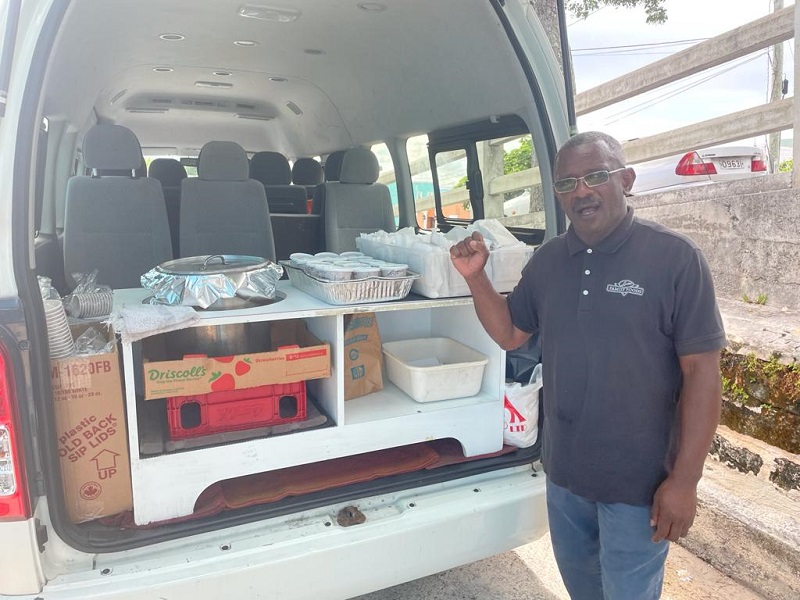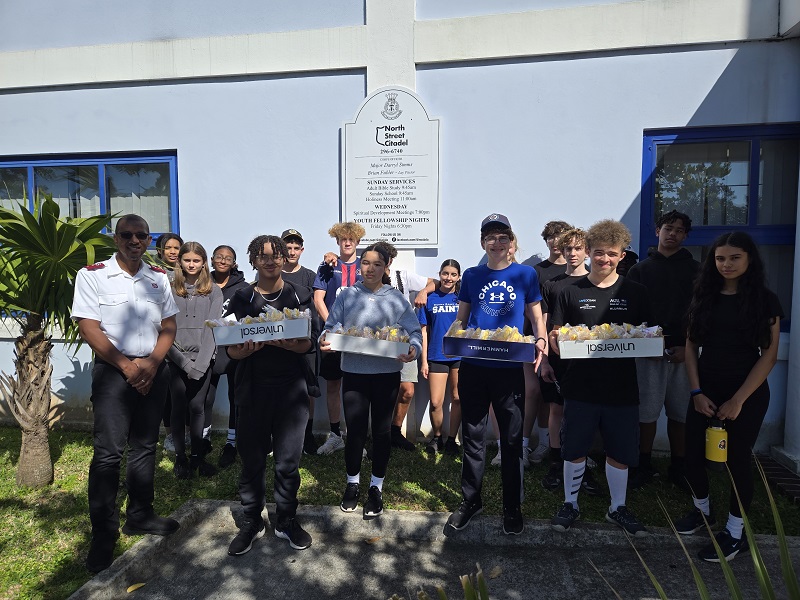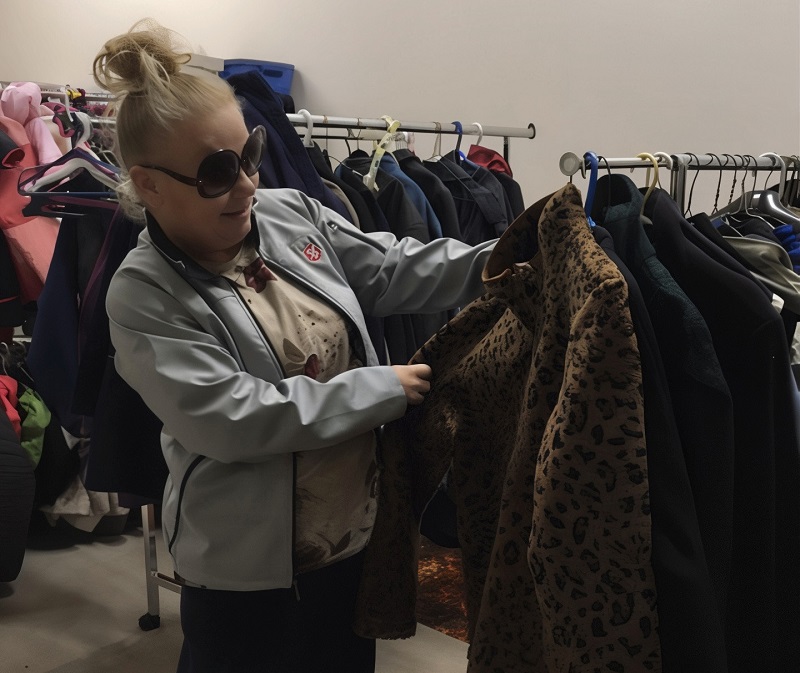From Sleeping Rough to Helping Others Who Call the Streets Home

“I love what I do because it changes lives,” says Maxwell Assing, co-ordinator for the Harbour Light street outreach program in Hamilton, Bermuda. “I want to give a hand up to struggling people—just like someone helped me.”
The Salvation Army has been active in Bermuda since 1896. For decades, the street outreach program, one of many services provided on the island, has given hope to and lifted countless numbers of people out of homelessness and poverty. In fact, in 2020 alone, more than 8,300 people benefitted from the program.
“Because of Maxwell’s unique sense of compassion and care for people experiencing homelessness and hard times, he builds trust that makes people willing to try our resources,” says Chandra-Lee Bascome, co-worker. “And they often share about their lives and how they got where they are.”
The main goal of the outreach program is to encourage people to leave the streets and help them lead successful lives. It may be through mental health and housing supports, financial assistance, shelter, or substance use rehabilitation. Meanwhile, basic needs are addressed, such as food, clothing and practical help.
“I know how hard it is to overcome addiction and homelessness,” says Maxwell. “I thought I was with the ‘in crowd,’ but came to find out they were the ‘out crowd.’”
“I remember The Salvation Army coming to the streets where I lived”
Maxwell smoked his first cigarette at age 13. He moved on to marijuana and alcohol. By age 18, he was a drug dealer and an addict. He spent years in and out of prison. Then he accepted help at The Salvation Army Harbour Light, where he accessed a wide range of supports and services, such as substance use counselling, life-skills instruction, anger management, relapse prevention and Bible study. He has been clean and sober for 12 years.
“I remember The Salvation Army coming to the streets where I lived,” says Maxwell. “I used to wait for the soup truck to come. Looking back, the help was more than to give soup. There was a bigger picture.”
Six nights a week you will find Maxwell and his food truck at any of the 18 locations where he usually stops.
“We are literally saving lives. It may not happen overnight and sometimes it takes years”
“Everyone knows the truck is coming,” says Maxwell. “And I’m happy to say our services didn’t stop during COVID-19.”
While the services continued throughout the pandemic, some things changed during the six-week stay-at-home order. All people were restricted from living on the streets and The Salvation Army transported those who were willing to its emergency shelter. There they received personal protective equipment and additional food. For those who sought refuge with relatives and those who struggled to make ends meet, The Salvation Army delivered soup, prepared dinners and bought groceries.
“A lot of people know we are here and that we help, but many don’t understand how we help,” says Maxwell. “We are literally saving lives. It may not happen overnight and sometimes it takes years. We aren’t out there just to give a cup of soup.”
By Linda Leigh



